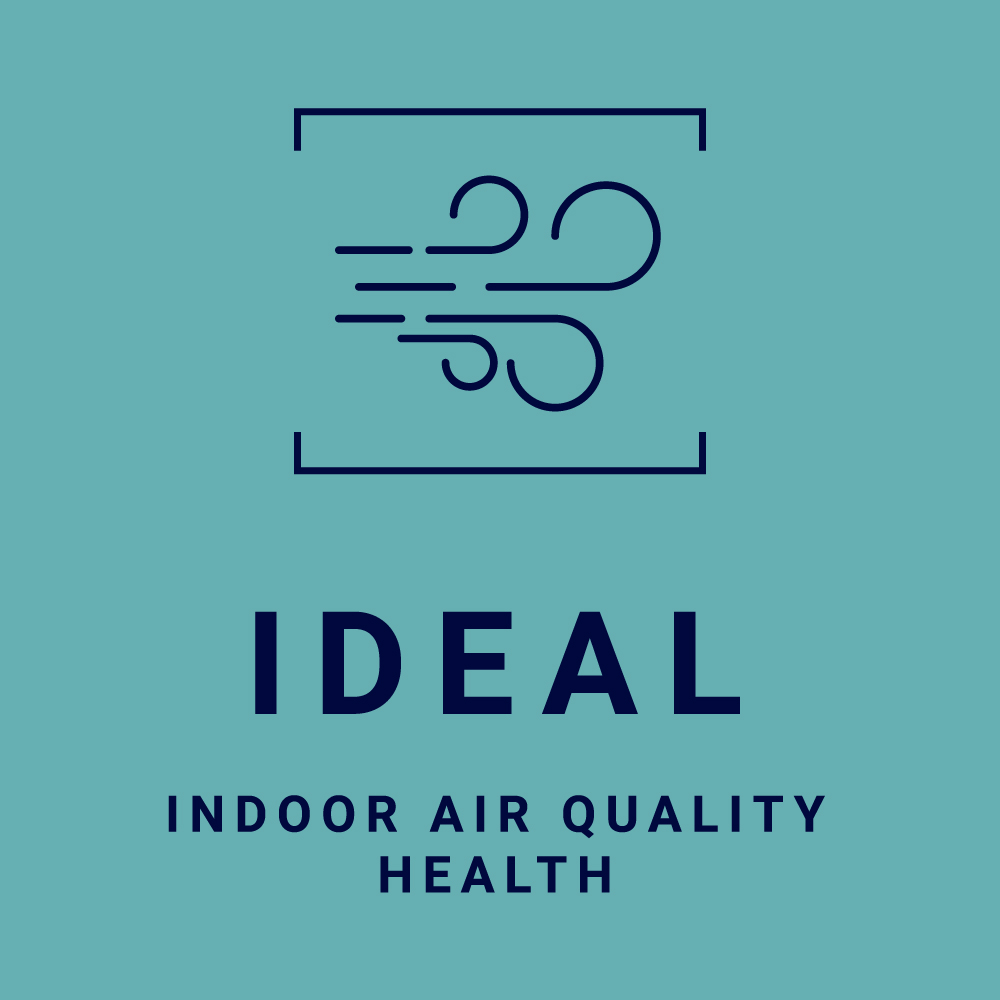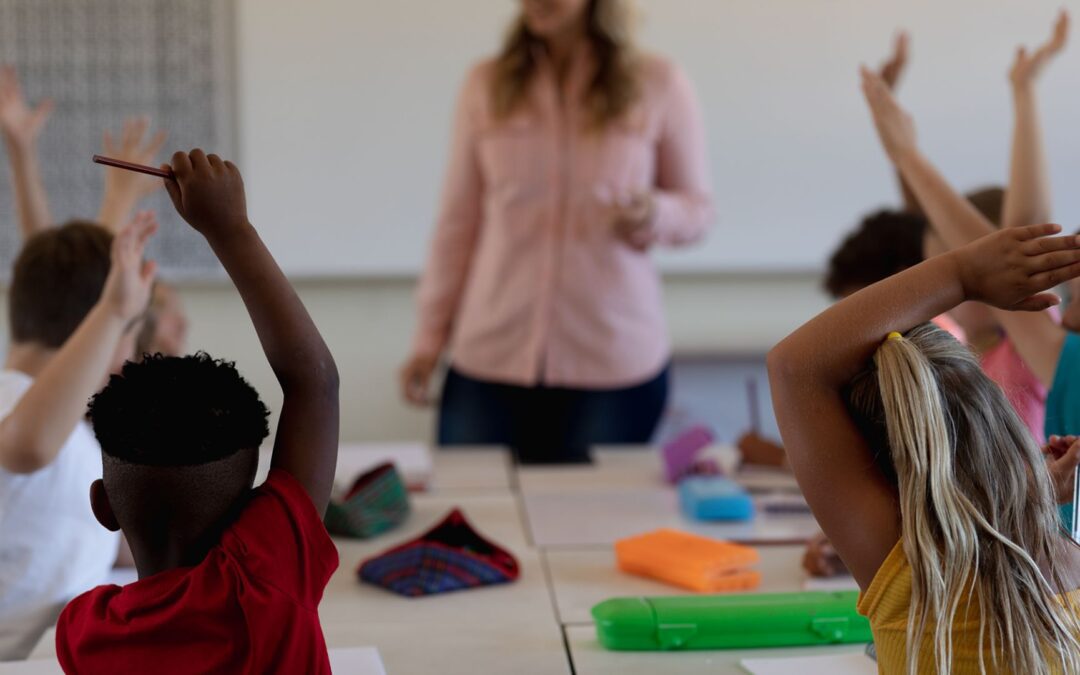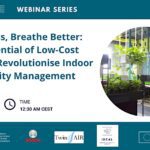The LEARN project aims to develop novel sensing and remediation strategies to improve indoor air quality in school environments. Through cohort studies in three European countries (Belgium, Greece, and Denmark), the health impacts of real-life exposure to indoor air pollution are being assessed.
During these trials, the research group ‘SMIT’ of the Free University of Brussels (VUB), with expertise in communication studies, is responsible for setting up participatory policy-making processes with the stakeholders. Through this democratic practice, the stakeholders of the school communities are engaged through deliberative workshops to discuss indoor air quality guidelines and policies.
The first step in this process was to investigate the current practices on indoor air quality policies at schools on the global, European and national levels in the three pilot countries of the LEARN project. In doing so, a gap was spotted in addressing the specific needs of children and school environments. Currently, there is no specific directive on indoor air quality in Europe, and the most important directive on ambient air quality and cleaner air for Europe (2008/50/EC) is currently under revision to align more closely with the air quality guidelines of the WHO.
In the LEARN project, the PAR4P-method will be used for an inclusive approach to the development of policies in the field of indoor air quality in school environments, through different phases: problem definition, stakeholder mapping, participatory workshops, and solution formulation.
Along 2024, the LEARN project will conduct some participatory policy-making workshops in each of its pilot countries, inviting stakeholders to collaboratively assess the current situation and propose concrete solutions and guidelines for improving the local air quality in the school environment.
By developing a more inclusive and holistic approach, the LEARN project aims to bring a change in redressing the historical oversight of children’s needs in environmental legislation. We hope our efforts will contribute to a safe and healthier environment for the most vulnerable members of society and help pave the way for a sustainable future.





